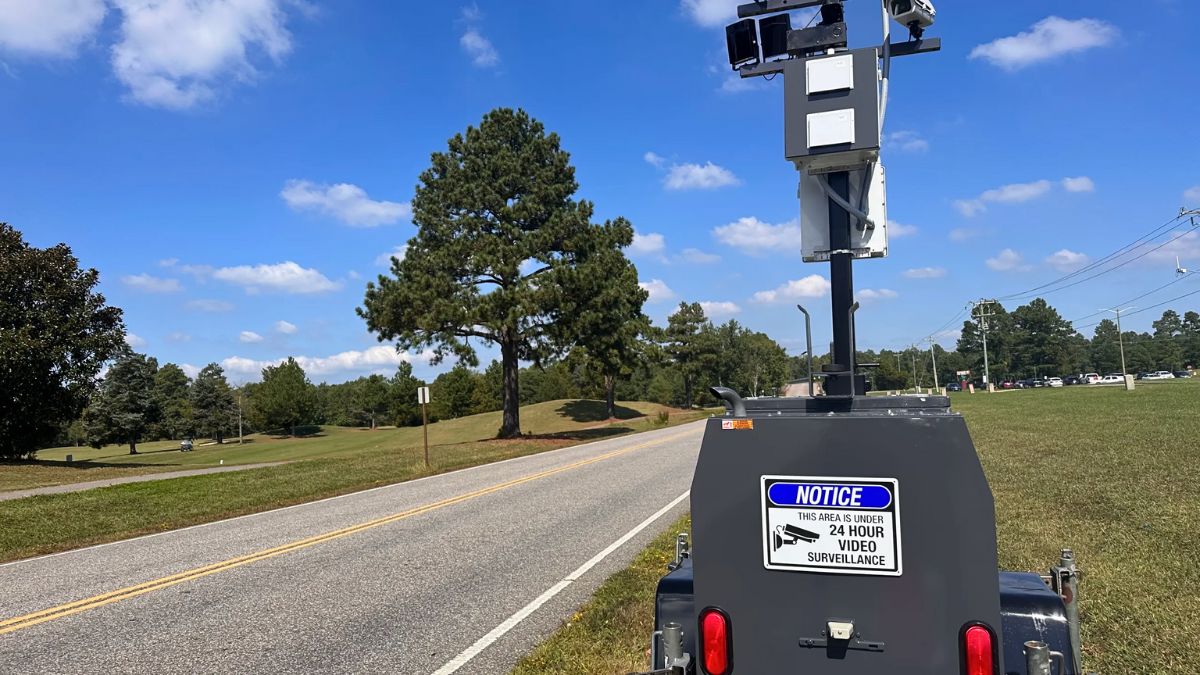You’re cruising down the road and get pulled over. The officer hands you a slip of paper—a traffic ticket. But wait, is it a moving violation? Or something else? While many people use “traffic ticket” and “moving violation” interchangeably, they’re not exactly the same. Let’s clear the confusion and explain the real difference between the two.
Basics
Let’s start simple: a traffic ticket is the document you receive when you break a traffic law. It could be for anything from speeding to a broken taillight.
A moving violation, on the other hand, refers specifically to infractions committed while the vehicle is in motion—like running a red light or reckless driving.
So, in short:
- Traffic ticket = The citation
- Moving violation = The type of offense
Every moving violation results in a traffic ticket, but not every traffic ticket comes from a moving violation.
Moving
A moving violation happens when a driver breaks the law while the vehicle is actively moving. These are generally considered more serious and often come with:
- Higher fines
- Points on your license
- Possible insurance hikes
- Mandatory court appearances (in some cases)
Examples include:
| Common Moving Violations |
|---|
| Speeding |
| Running a red light |
| Improper lane change |
| Reckless driving |
| DUI or DWI |
| Failure to yield |
Most states assign demerit points for moving violations. Too many points? You could lose your license.
Nonmoving
Now let’s look at non-moving violations. These happen when your car isn’t moving or when the offense doesn’t directly involve your driving behavior.
Examples include:
| Common Non-Moving Violations |
|---|
| Expired registration |
| Broken taillight |
| Illegal parking |
| Window tint too dark |
| No insurance |
These are still traffic violations and can get you a traffic ticket—but they usually don’t impact your driving record or insurance rates.
Insurance
Insurance companies treat moving violations more seriously than non-moving ones. Why? Because moving violations indicate risky driving behavior. Even one speeding ticket can raise your premiums.
Here’s a quick comparison:
| Violation Type | Points? | Affects Insurance? | Typical Fine |
|---|---|---|---|
| Speeding | Yes | Yes | $100–$300+ |
| Illegal Parking | No | No | $25–$100 |
| DUI/DWI | Yes | Yes (big time) | $1,000+ + jail |
| Expired Plates | No | Maybe | $50–$150 |
So yeah, not all tickets are created equal.
Court
Whether or not you go to court often depends on the type of ticket:
- Moving violations may require a court appearance, especially for serious charges.
- Non-moving violations usually just involve paying a fine.
However, you can contest either type in court if you believe you were wrongly ticketed.
Knowing the difference between a traffic ticket and a moving violation helps you know what to expect, what rights you have, and how to respond. Bottom line: every moving violation leads to a traffic ticket, but not every ticket is for moving. And while that parking ticket might sting, it won’t hit your license the way speeding will.
FAQs
Is a speeding ticket a moving violation?
Yes, because the vehicle was in motion during the offense.
Can non-moving violations add points?
Usually not. Most don’t impact your license points.
Do all tickets raise insurance rates?
No. Only moving violations typically affect premiums.
Can I fight both ticket types in court?
Yes, you can contest both moving and non-moving violations.
Is DUI a moving violation?
Yes. It’s one of the most serious moving violations.

















